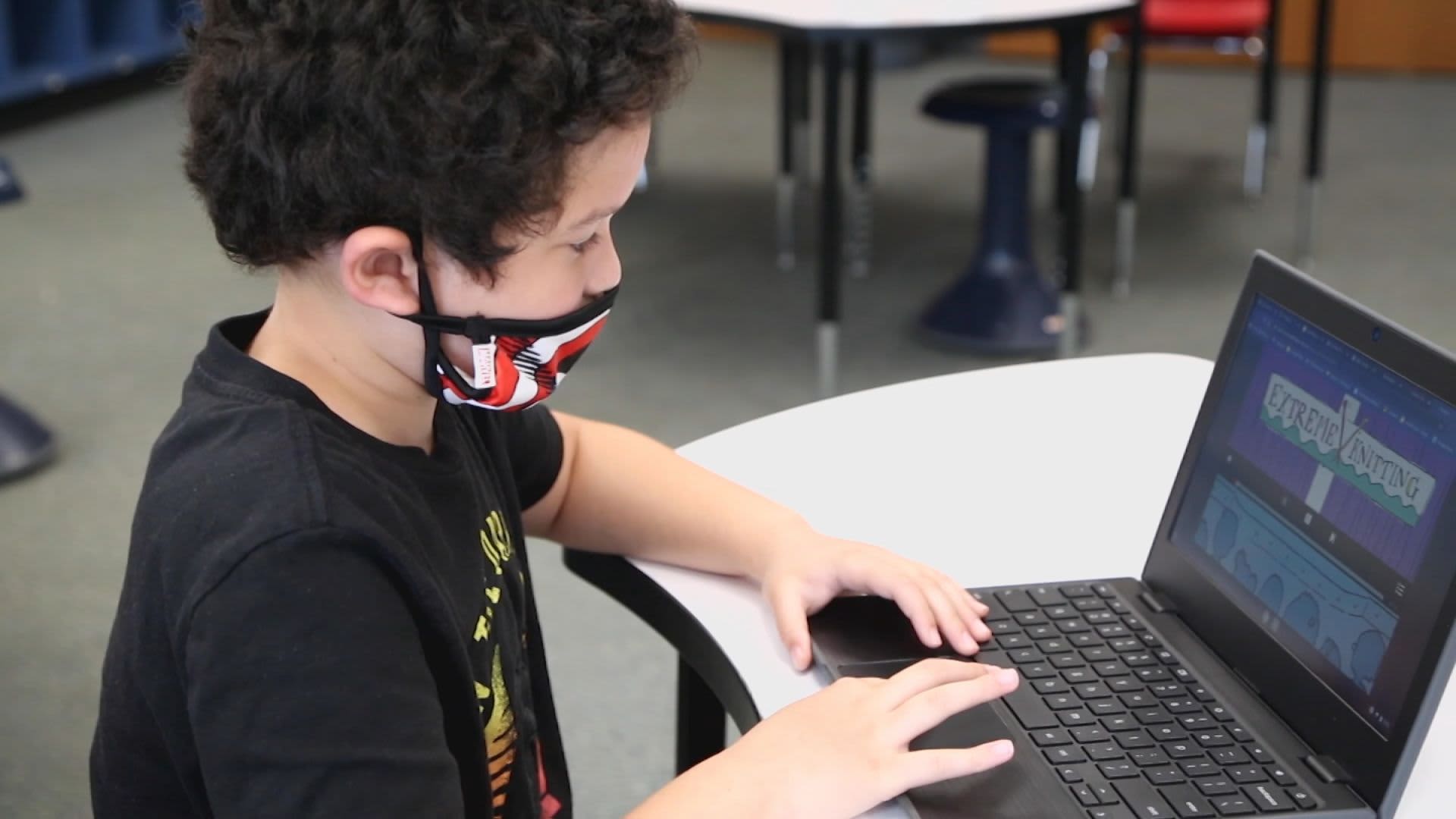Products You May Like
More states are requiring students to take personal finance education courses before they graduate high school.
There are currently 23 states that mandate a personal finance course for students, according to the 2022 Survey of the States released Thursday from the Council for Economic Education.
Since 2020, the last time the survey was published, two states — Nebraska and New Mexico — have passed legislation ensuring that all students will take a personal finance course before they graduate high school.
More from Invest in You:
Want to give your finances a spring cleaning? First, get organized
Here’s what to know about managing your debt in retirement
Want to find financial success? Here’s how to get started
“While we’re encouraged by some progress in our latest survey, all young people across the country need more and deserve better,” said Nan Morrison, president and CEO of the Council for Economic Education.
Unequal progress
There’s been consistent momentum in states adding personal finance education in various ways for more than two decades. The number of states that include personal finance in their education standards has jumped to 47 in 2022, from 21 in 1998.
Of course, what is offered and required in those 47 states varies widely, the report found. While 27 states offer a personal finance course in high school, only 23 mandate that students must take one to graduate.
And, of those, only nine courses are a stand-alone personal finance course — the remaining ones are integrated into another class.
“The state of financial education offered to students in the U.S. varies significantly,” said Worku Gachou, head of North America, inclusive impact & sustainability, at Visa, which today with the Council for Economic Education launched FinEd50, a coalition of private, public and nonprofit leaders that will promote guaranteed access everywhere to these essential courses.
“Where students live should not impact whether they have access to knowledge that will help them learn how to make informed financial decisions in their lives,” Gachou added.
These differences matter because without broader guidelines, students from lower-income families and people of color often don’t have the same access to personal finance education, said Morrison.
“If we don’t get requirements passed, it just exasperates the gaps that are already there,” Morrison said.
Economics courses falling behind
The report also found that while there’s been consistent momentum in adding personal finance education and requirements to high school curriculums in recent years, guidelines for economics courses have stagnated.
Since 2011, only three states have added a requirement that students must take an economics course to graduate.
While economics sometimes overlaps with personal finance education, both are important courses of study, Morrison said. Studying economics gives students the opportunity to think about and analyze a lot of topics relevant to the world such as the environment, housing and employment.
Personal finance courses, on the other hand, help students learn to manage their own money and make solid choices, given what’s happening in the world.
“In my ideal world, every kid would have at least a semester of econ and at least a semester of personal finance to give them a good set of skills,” she said.
SIGN UP: Money 101 is an 8-week learning course to financial freedom, delivered weekly to your inbox. For the Spanish version Dinero 101, click here.
CHECK OUT: 74-year-old retiree is now a model: ‘You don’t have to fade into the background’ with Acorns+CNBC
Disclosure: NBCUniversal and Comcast Ventures are investors in Acorns.
